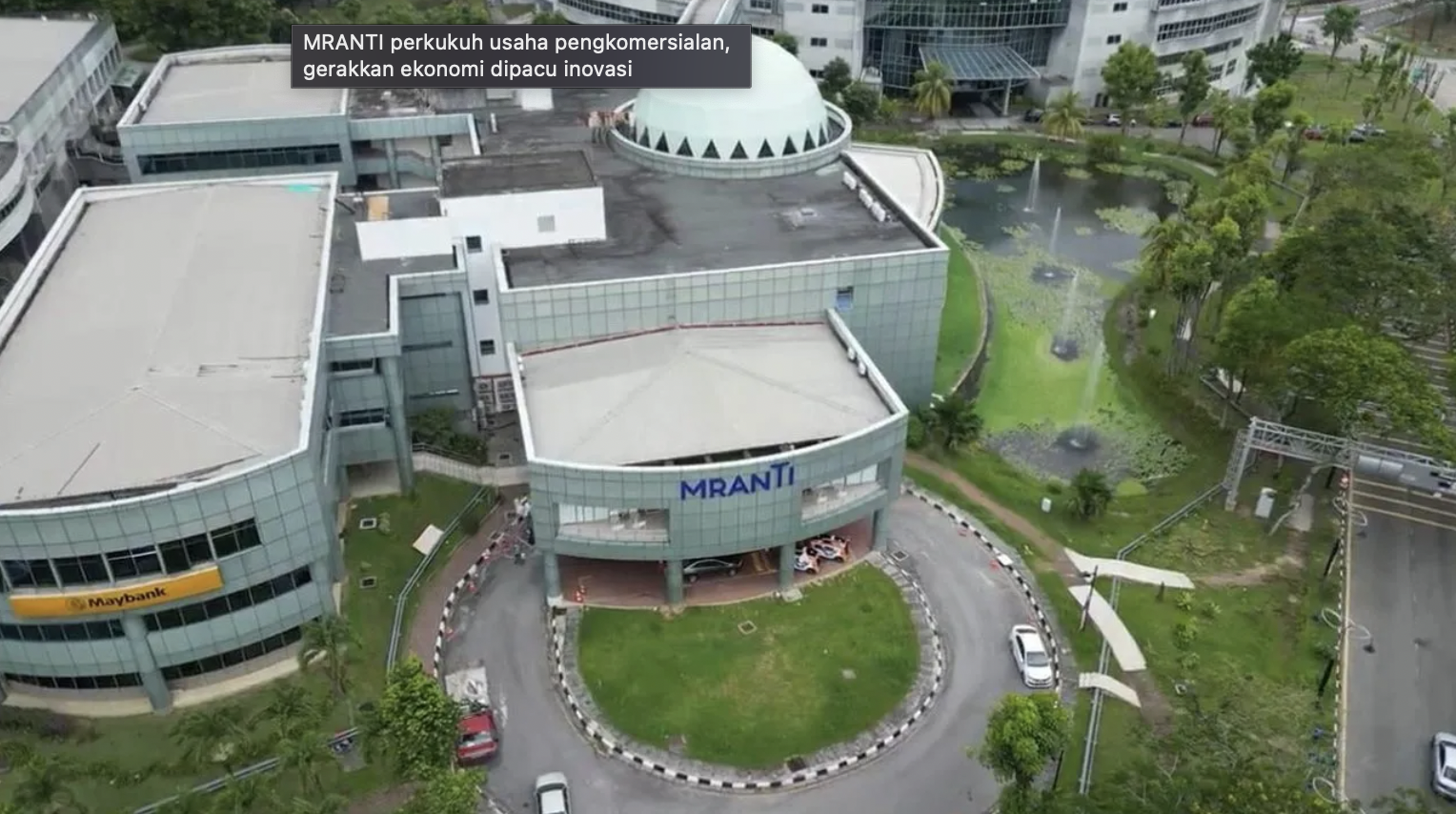PETALING JAYA: The recent, although minor, threat to food security is a result of the previous administration’s “enthusiasm” to transform Malaysia into a “manufacturing nation”, says an economist.
Madeline Berma of Institut Masa Depan Malaysia (Masa) said this shift of focus has resulted in the marginalisation of agriculture, now starkly apparent as the majority of food resources are imported from abroad.
It was recently reported that the annual value of food imports into the country has surged to RM62 billion, up from RM48 billion the year before, because of rising demand and foreign exchange considerations.
“Our economists (at that time) suggested that it would be better to use the land for factories rather than encourage people to cultivate rice,” Madeline told FMT.
“So, we began importing rice from Thailand and Vietnam, and basmati rice from India and Pakistan, all of which were more cost-effective than relying on foreign labour within the agricultural sector.”
Madeline said it is not too late for Malaysia to recalibrate its focus towards the agricultural sector. However, the revitalisation process should involve using high-tech methods, as practised by most developed countries.
While acknowledging some efforts in this direction, she said the country’s adoption remains limited, with an ongoing dependency on foreign labour.
“For example, in other countries, they utilise drones to fertilize crops, but here, we still use pumps. Young people aren’t interested because they have been groomed for office work since their school years,” she said.
Unveiling the 2024 budget last week, Prime Minister Anwar Ibrahim said RM6.17 billion would be allocated to the agriculture and food ministry for various initiatives, including RM400 million to support food security programmes.
Malaysia has faced a rice shortage recently. Multiple external factors such as climate change, weakening foreign exchange rates, high operational costs, and regional conflicts saw Bernas announce a 36% hike in the price of imported white rice on Sept 1.






%252520at%252520the%252520launching%252520of%252520MakersFest%2525202022.jpeg)

